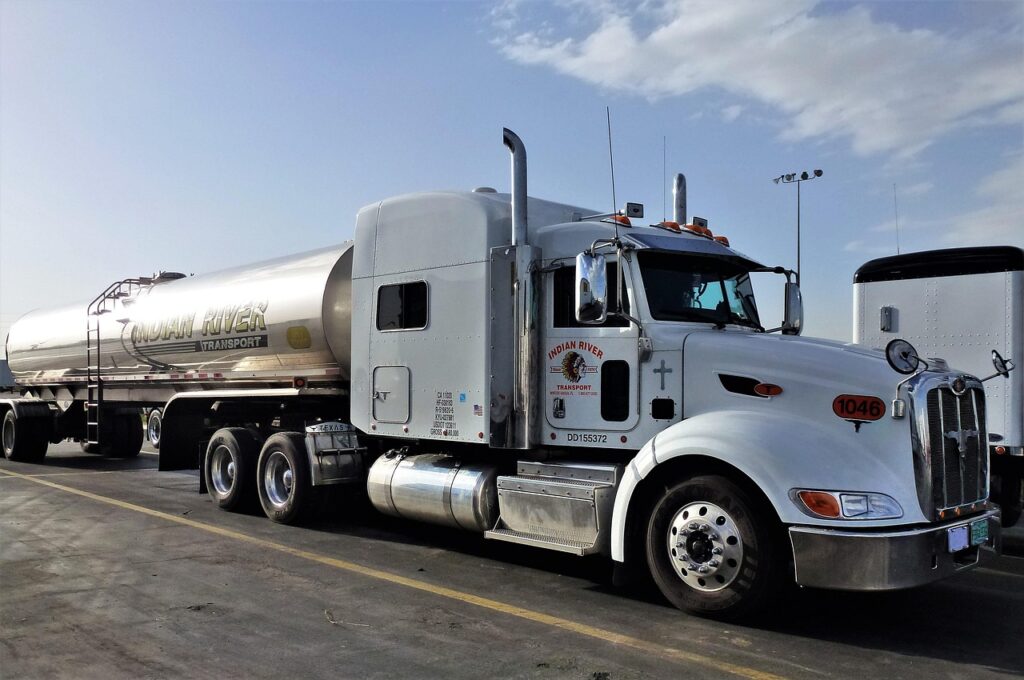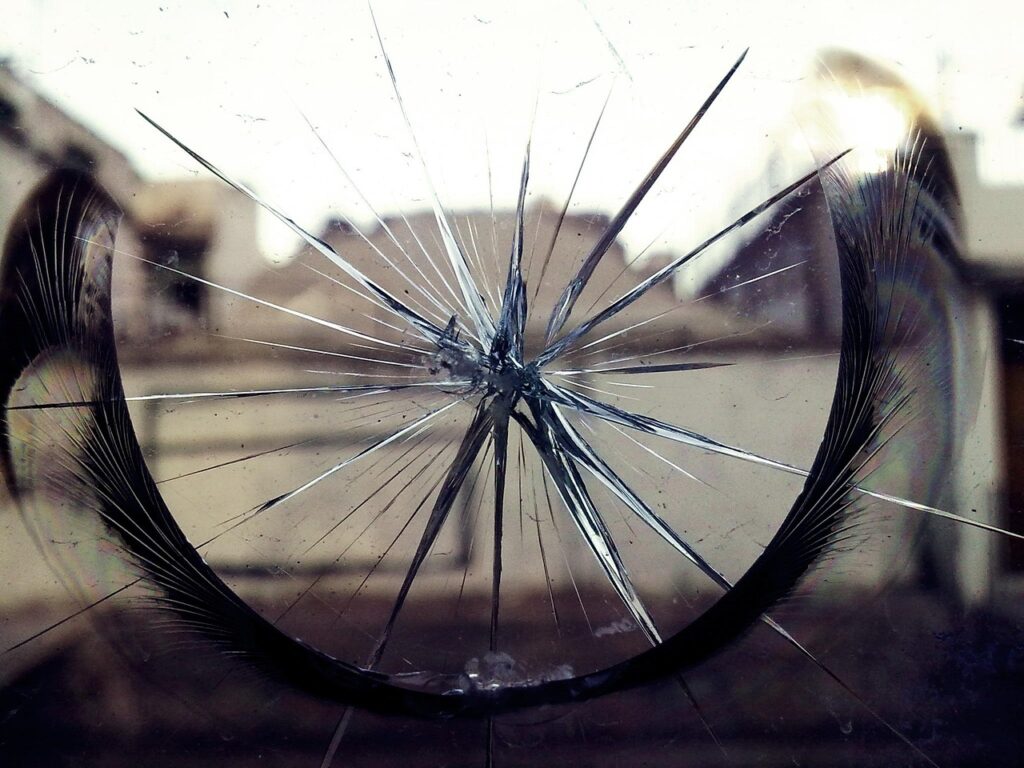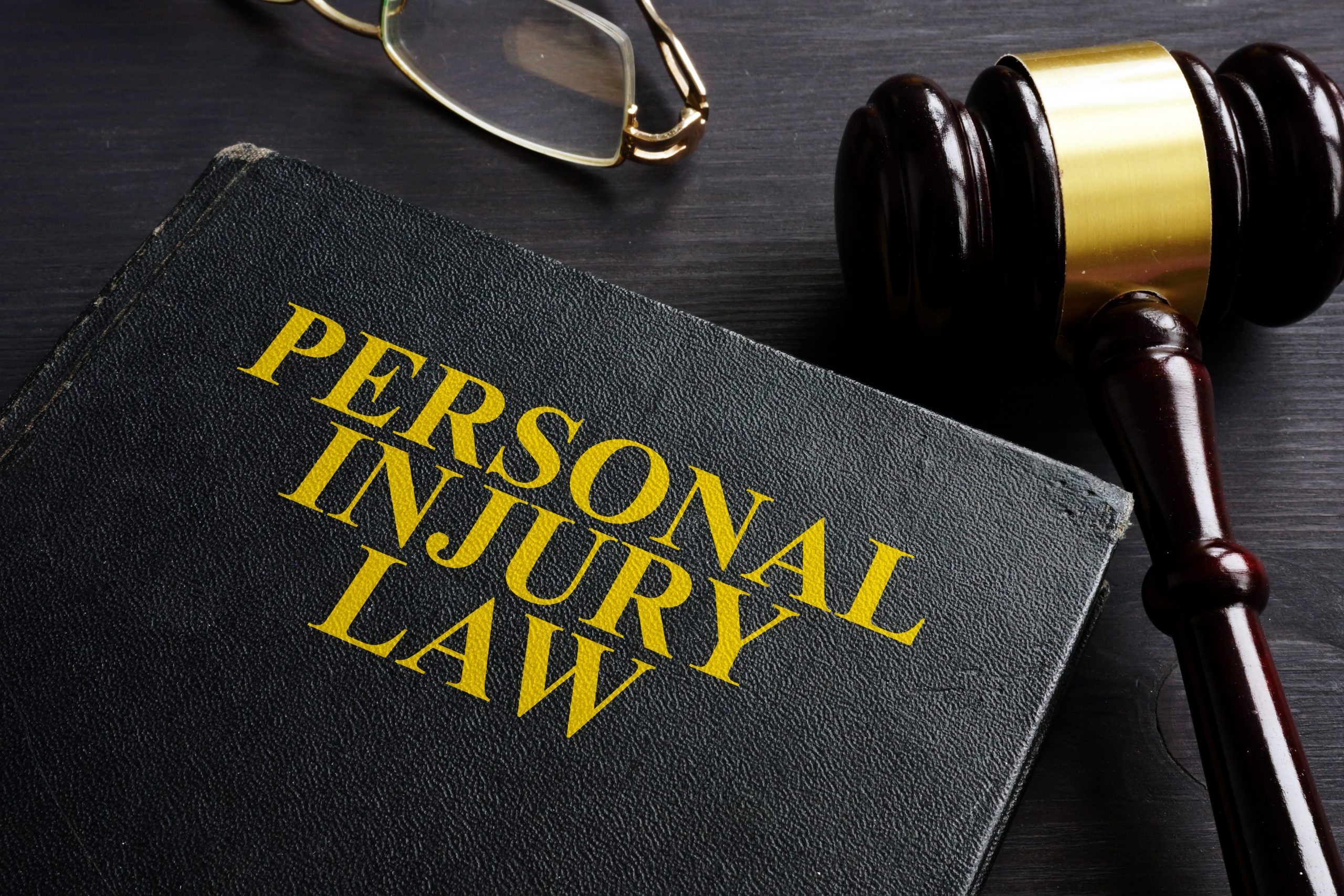Now Reading: Best Legal Advice To Maximize Your Hurricane Damage Claim
-
01
Best Legal Advice To Maximize Your Hurricane Damage Claim
Best Legal Advice To Maximize Your Hurricane Damage Claim
Countless Americans have to deal with the aftermath of hurricanes, depending on their location. If you live in a hurricane-prone state, you will probably know the significance of buying insurance for your property. Adequate coverage keeps you stress-free even during the worst weather. However, claiming damage is easier said than done because it involves a complex process. Moreover, there is always a chance of having to settle for an amount lower than our expectations. Some insurers act fairly and reasonably, while others may try to make things hard for homeowners. But you can deal with the challenges and maximize your hurricane damage claim by following a few steps during recovery. Here is the best legal advice to help.
Contact your insurer immediately
Hurricanes often leave behind messy damages and immense stress for homeowners. Repairs can cost a fortune, but you cannot avoid them because of the hazards related to the current damages. Safety should be your top priority after the calamity. But remember to contact your insurer immediately after the storm ends. They will suggest a repair plan according to your insurance policy. Additionally, they can initiate the reimbursement process for electronics, appliances, furniture, and other items that need to be replaced. Besides connecting with the insurer first-hand, keep an open line of communication to streamline your claims process.
Check whether you have a valid claim
The next step is to assess your damage and determine if you have a valid claim. Typically, you can file a claim for the following damages after a hurricane or storm:
- Broken windows
- Roof Lifting or other damages
- Garage door damages
- Siding damages
- Fire damage
- Water or moisture damages
- Projectile damages
- Septic tank damages
Besides claiming for problems with the structure of the home, you can also claim for damages to vehicles and other property losses such as clothing, valuables, and furniture.
Document your losses
The initial assessment of your property gives you a fair idea of the losses. But you must have documentary evidence to get the rightful compensation value. Expert hurricane and storm insurance attorneys recommend documenting the entire damages and providing as many details as possible. List each damaged item along with key details like its date of purchase, estimated value, and the type of damage. You can take pictures of these items to supplement the written descriptions. Take clear photos from various angles, ensuring you highlight the problem areas properly.
Preserve receipts and bills
Your policy may cover different expenses relating to hurricane recovery, but everything boils down to keeping records of each expense you make on repairs. You may even claim the hotel stay bills if your place is not safe for living in until further repairs. Preserve all receipts and bills as you spend on repairs to restore your property. Your insurer can guide you about the expenses that make a part of the claim. The road to recovery is often long and daunting, but managing your paperwork well makes it a tad easier.
Gather proof of losses
Besides documents listing damages and receipts and bills, you must have valid proof of losses to get compensation. It provides the amounts of your losses under the policy. You will have to prove your entitlement to the claim with supporting evidence in the form of expert reports. These include:
- A list of contents covered along with the cost and year of acquisition
- Temporary storage costs
- Temporary housing costs
- Mileage for hurricane-related transportation
- Additional costs for debris removal, tarping, etc.
- Timesheets to track repair work done by family and friends
Understand how your policy handles repairs
The last thing you want to do is wait endlessly for your insurance claim while your property is in a bad state. You want to restore your home in good condition as soon as possible, but you must be cautious about the repairs you initiate right after a hurricane. Talk to your insurer to understand how your policy handles repairs before getting started with them. You may make temporary fixes but confirm with the provider to ensure they do not affect your claim. Consider some patching jobs, and wait for major repairs until you proceed with the claims process. You can maximize your claim value by paying attention to the recommendations of your insurance provider.
If your property has hurricane insurance, you need not worry about recovering damages for your property. But maximizing your claim requires some wise moves. Follow these easy measures to get the coverage you deserve to bring life back on track with proper repairs.










